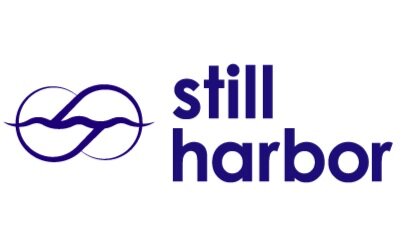I Wasn’t Supposed To Be a Spiritual Director
I wasn’t supposed to be a spiritual director. I don’t fit the mold of most people in the field. I’m not ordained. I didn’t go to divinity school. I haven’t spent most of my life pursuing a path to formal spiritual leadership. I found spiritual direction by accident.
Five years ago, I had an overwhelming feeling I was being called to do more to integrate spirituality and justice. So I did the most spiritually enlightened thing possible and googled “spirituality and social justice” hoping that a search engine would give me all of the answers.
A training program for something called “spiritual directors” popped up. I vaguely remembered a minister friend mentioning something called spiritual direction, but I didn’t remember what it meant. The description for the spiritual direction program seemed like a good fit, but I didn’t think I had enough experience or credentials to apply. I thought spiritual directors were people who had it all together and had all the answers; I was neither of those things.
I thought about the spiritual direction program application ad nauseam. The application and recommendation letters were due within days, and I asked another minister friend who was visiting me what I should do. I told him the program felt right, but I wasn’t sure I was qualified to be a spiritual director.
As our visit ended, my friend shared a recommendation letter he wrote for me just in case I decided to apply. I started to cry and thanked him. I hadn’t asked him to write it, but he knew that was the push I needed to believe in myself.
I didn’t know I was supposed to be a spiritual director until my friend wrote a recommendation letter that showed me I was already practicing spiritual direction, I just never called it that.
I’ve been in the spiritual trenches with my loved ones and communities holding space through crisis. I’ve made meaning of heartbreak and disappointment by sitting with those who needed to be witnessed more than they needed to be advised. I’ve created and reimagined my at-home rituals when I was too queer or too opinionated to be in the places I thought were my spiritual homes.
My friend handed me that recommendation letter and pointed me toward a new vocation that was very rooted in who he already knew me to be.
Whenever students ask me how to discern new vocational pathways, I know there’s no magical answer I can give. The answer is not in some prescriptive idea of an imaginary destiny. The answers are in who they already are and who their community already knows them to be.
With gratitude for possibility,
Marchaé Grair
Still Harbor Director of Programs
